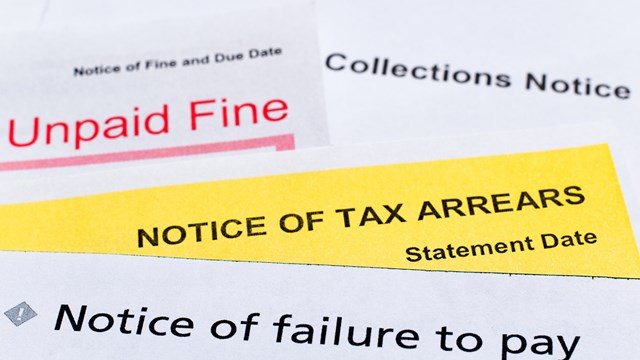
—Sympathetic in Sparta
“Given the length of time and uncertainty associated with bringing a foreclosure to fruition, it may be premature to seek to remove the director based on the fact that a mortgage foreclosure has been filed,” says Attorney Melissa A. Clarke, Esq., an associate at the law firm of Lomurro Davison Eastman & Munoz, P.A in Freehold. “Foreclosure is a process, which in New Jersey, can take months or even years to complete. Title to property—and thus ownership—changes hands only after the foreclosing plaintiff has submitted proofs and obtained a final judgment, the property has been listed for sale and sold by the sheriff, and the statutory redemption period of ten days has passed (homeowners have a post-foreclosure sale “right of redemption” which means that the homeowner can redeem—reclaim title to—the property by tendering the amount of the unpaid debt and foreclosure sale costs). It is only after all of these steps, and the actual transfer of the deed to the new owner, that the original homeowner ceases to be entitled to any legal or equitable interest in the unit. In the meantime, a homeowner could work out a modification of mortgage or forbearance agreement with the lender and potentially have the foreclosure action dismissed.
“Moreover, a mortgage lender’s foreclosure does not automatically give rise to a conflict of interest for the director. If a question comes before the board and creates a conflict for a director, that director should not be involved in that decision, regardless of subject matter, since he owes a fiduciary duty to the association above his own self-interest. Therefore, your director should refrain from any board discussion about his foreclosure.
“One additional consideration is whether your director is also delinquent on his association dues.
“Associations must be guided by their specific governing documents, but in general, a “good standing” provision will only restrict an owner’s ability to vote at open meetings; unless the governing documents state otherwise, the good standing restriction would not apply to a director’s ability to vote on board matters or to otherwise serve on the board.”






Leave a Comment